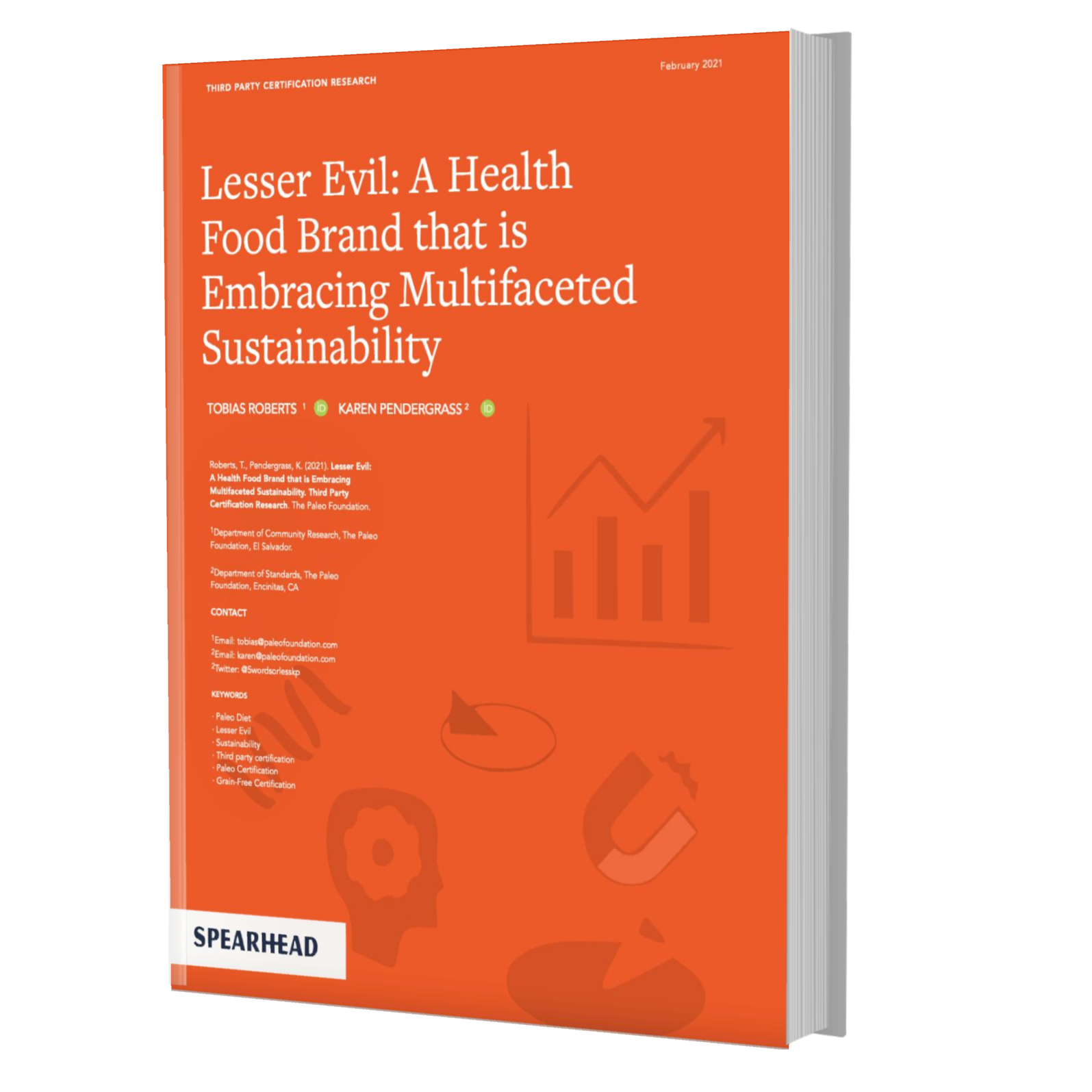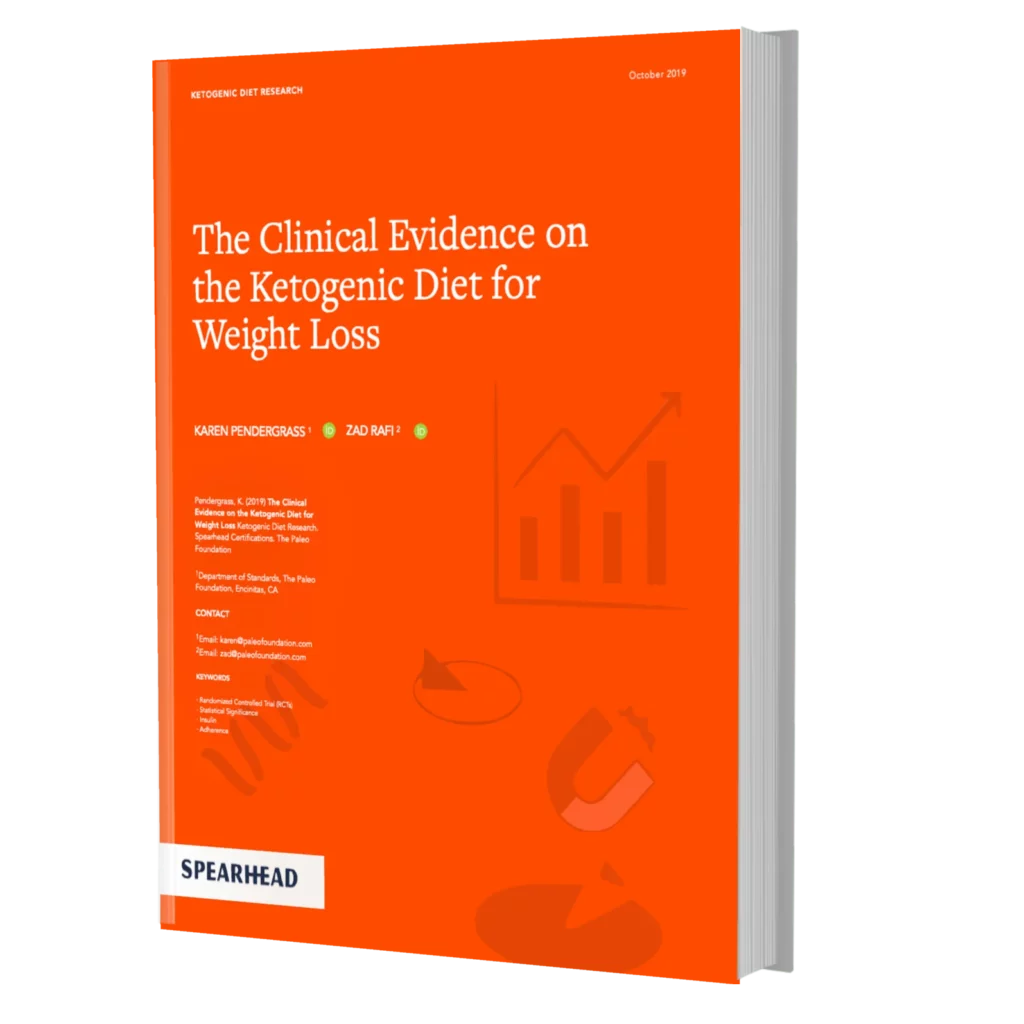The case of Lesser Evil presents an intriguing evolution of a snack food company that transitioned from a brand capitalizing on low-carb trends to an ethical and sustainable business. This transformation was spearheaded by Charles Coristine, who took over the company in 2012. His efforts reflect a broader industry trend where corporate social responsibility (CSR) and sustainable business practices are increasingly integrated into the core strategy.
Tripartite Model of Sustainability
Lesser Evil operates on a tripartite model encompassing sustainable sourcing, production efficiencies, and eco-friendly packaging. The company takes a holistic approach to sustainability, showing that being a sustainable brand is not merely about offering organic or non-GMO products. It is a complex, interconnected set of practices that also involves production methodologies, worker treatment, and carbon footprint reduction.
The Importance of Ownership and Control
Owning their own manufacturing facilities affords Lesser Evil significant control over ingredient sourcing, quality, and labor practices. This control enables the company to make quick and significant changes to its operation in line with its ethical commitments.
The Role of Certifications in Market Differentiation
Lesser Evil’s commitment to third-party certifications is a strategic maneuver to carve out an identity in the increasingly crowded health and sustainability food market. As the Food Policy journal study suggests, such certifications reflect a broader shift from public to private governance in food safety and quality standards. These certifications not only act as a seal of quality but also serve as a marketing tool, strengthening the brand’s visibility and credibility.
Pricing Strategy
Despite the premium cost of sustainably sourced ingredients, the company maintains competitive pricing. This is a critical factor in making sustainable products accessible to a broader consumer base and challenges the notion that “green” or “ethical” products are a luxury.
Consumer Behavior and Market Trends
Lesser Evil’s adaptive strategies indicate an acute awareness of changing consumer behaviors and market trends. From the initial focus on popcorn to diversifying into grain-free products, the company has shown a capacity for innovation driven by consumer demand for healthy options.
Conclusion
The evolution of Lesser Evil from a struggling low-carb snack brand to an industry leader in sustainable snack foods serves as a case study in strategic rebranding, ethical commitment, and successful market differentiation. Their tripartite model of sustainability stands as an exemplar of how businesses can engage in responsible practices across multiple facets of operation. Furthermore, the company’s success underscores the increasing consumer demand for transparent and sustainable business practices in the food industry.
This case also reveals the complex interplay between private and public governance mechanisms in the contemporary food system, as underscored by the role of third-party certifications. As consumers become increasingly proactive in sourcing healthy and sustainable food options, companies like Lesser Evil are positioned not merely to meet this demand but to actively shape it. By doing so, they are not just capitalizing on a trend, but potentially influencing the broader market towards more ethical and sustainable practices.



